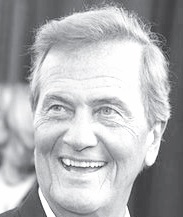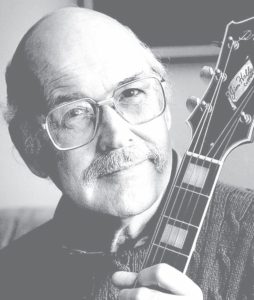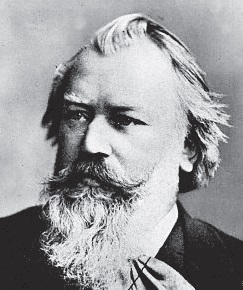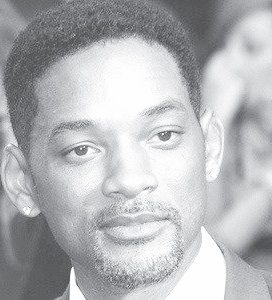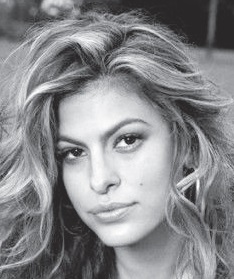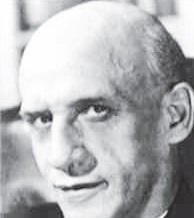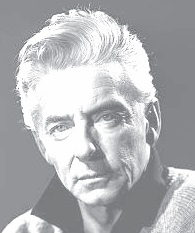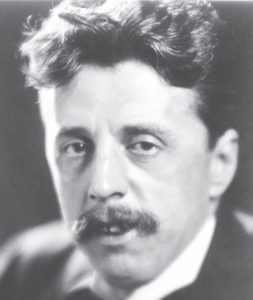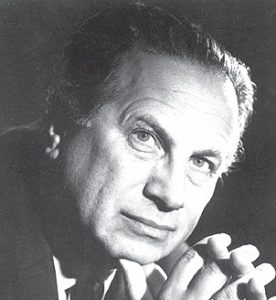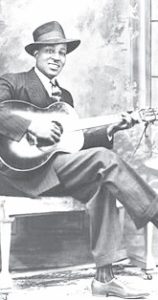REVIEW POTPOURRI: Pop Artists
 REVIEW POTPOURRI
REVIEW POTPOURRI
by Peter Cates
How I started collecting records:
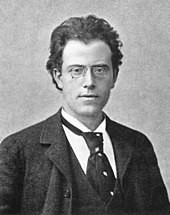
Gustav Mahler
My first encounter with the music of Gustav Mahler (1860-1911) occurred during the spring of 1963, when I was 11. That year RCA Victor had developed the Dynagroove recording process, initially releasing 10 LPs with both mono and stereo editions, and touting the enhancement as the greatest advance in sound since the electrical microphone in 1924 during the 78 days. I remember salivating over the record ad in the Portland Sunday Telegram advertising the black label pop and red label classical items, wanting all of them and worrying about whether I would like the music later. In those days, I considered any LP from RCA Victor and Columbia as a status symbol, just as I did the huge Magnavox cabinet with radio, phonograph, and color TV and the Thunderbird convertible. I was definitely a crass materialist in those days – money was everything!
Meanwhile, RCA released a $1 album, entitled The Sound of Tomorrow, which was heavily advertised on Sunday night’s Wonderful World of Disney, RCA being its sponsor, but also in Buick ads, as RCA forged a deal with the auto company for its dealerships to be the exclusive venue for purchasing the record. Naturally, one afternoon, Mom drove me to Waterville’s own Buick dealer, then owned by a family friend, Nick Saporita, and located on Silver Street, and I took my copy home to play on the $32 manually operated RCA Victor stereo player. The machine was given to me as a birthday present but I was given to understand that it was the family player. Such double-dealing was then common as part of family sharing.
Side one had the black label, thereby providing the following five pop artists:
- Peter Nero, a most agreeable pianist who would sneak in quotes from classical pieces as part of his usual pop program.
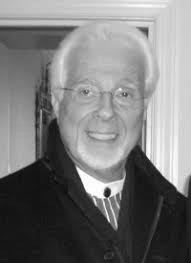
Peter Nero
- Marty Gold, a very gifted pop arranger/ conductor who worked for both Victor and Kapp records.

Marty Gold
- Hugo and Luigi, a duo of producers and arrangers for the Roulette and Victor labels, specializing in records of very pleasant chorus and orchestral selections.
- Dick Schory, a soft jazz arranger.
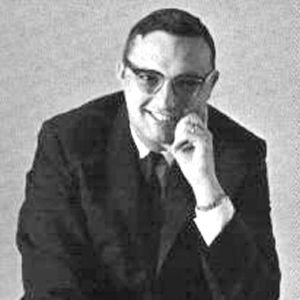
Dick Schory
- Sid Ramin, a jazz arranger/ conductor with imagination and taste who helped Leonard Bernstein with orchestration during the Broadway run of West Side Story.
The second side red label featured the following five fine artists: - Erich Leinsdorf conducting the Boston Symphony in the second movement of the Mahler 1st Symphony. Finally, this joyous Scherzo was my first hearing of the music of a composer who previously had just been a slightly intriguing name in a Columbia Record Club booklet. Leinsdorf at that time was beginning what would be seven years as Boston’s Music Director.
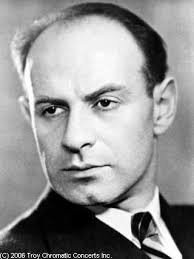
Erich Leinsdorf
- Arthur Fiedler, Boston Pops. This orchestra would make many records featuring both pop and the classics while Fiedler had formidable talent, wide-ranging musical curiosity and taste and astute political and business skills.
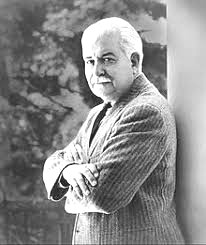
Arthur Fiedler
- Robert Shaw Chorale. Like Arthur Fiedler, Shaw was a very gifted orchestral conductor but his fame lay in the many records with his chorus and training choirs all over the world. His Christmas album from the late ‘40s, Joy to the World, is still available on CD and sounds great with its a capella singing.
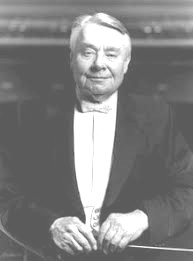
Robert Shaw
- Charles Munch with the Boston Symphony. Munch spent 13 very exciting years in Boston, made a lot of great records and retired in 1962, being replaced by Erich Leinsdorf.
- Leontyne Price was one of the finest sopranos who ever lived and possessed a voice with both power and beauty during her thankfully long prime, giving goosebumps to many, including myself.
My second Mahler record wouldn’t be added to my then very small collection for three years due to very limited cash and the distractions of other composers!


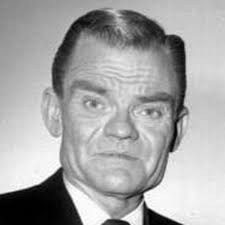
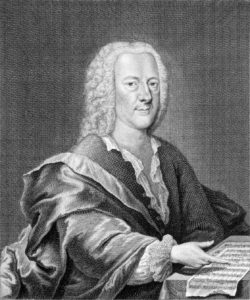
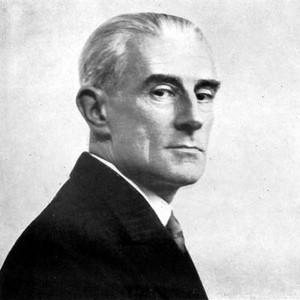

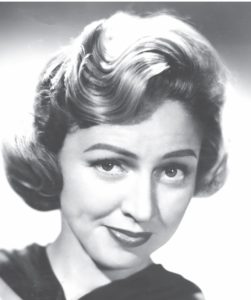
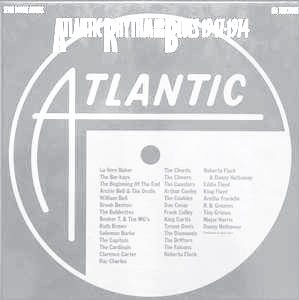 Before I encountered this admittedly very bulky set, I don’t believe I had ever seen a better one in all of my years of listening and collecting. It has assembled almost 70 singers and instrumentalists- Wilson Pickett, the Coasters, Aretha, Clyde McPhatter and the Drifters, Ben E. King, Otis Redding, La Vern Baker, Roberta Flack, Tiny Grimes, Brook Benton as well as lesser knowns, Eddie Floyd, Joe Morris, Don Covay, Tommy Ridgley, Chris Kenner, Doris Troy- oh well, the list goes on and on. And each is represented by one or more tracks, every one of them at the very least ranging from quite good to beyond superb.
Before I encountered this admittedly very bulky set, I don’t believe I had ever seen a better one in all of my years of listening and collecting. It has assembled almost 70 singers and instrumentalists- Wilson Pickett, the Coasters, Aretha, Clyde McPhatter and the Drifters, Ben E. King, Otis Redding, La Vern Baker, Roberta Flack, Tiny Grimes, Brook Benton as well as lesser knowns, Eddie Floyd, Joe Morris, Don Covay, Tommy Ridgley, Chris Kenner, Doris Troy- oh well, the list goes on and on. And each is represented by one or more tracks, every one of them at the very least ranging from quite good to beyond superb.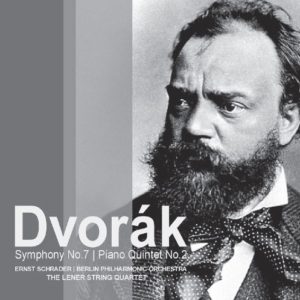 There is nothing else to be known about conductor Ernst Schrader other than he is, or more likely, considering the time frame of this recording, was a real person – a legit label has stamped his name on one or two releases nobody has stepped forward to stamp him as a pseudonym. And the Berlin Philharmonic is most definitely for real.
There is nothing else to be known about conductor Ernst Schrader other than he is, or more likely, considering the time frame of this recording, was a real person – a legit label has stamped his name on one or two releases nobody has stepped forward to stamp him as a pseudonym. And the Berlin Philharmonic is most definitely for real.